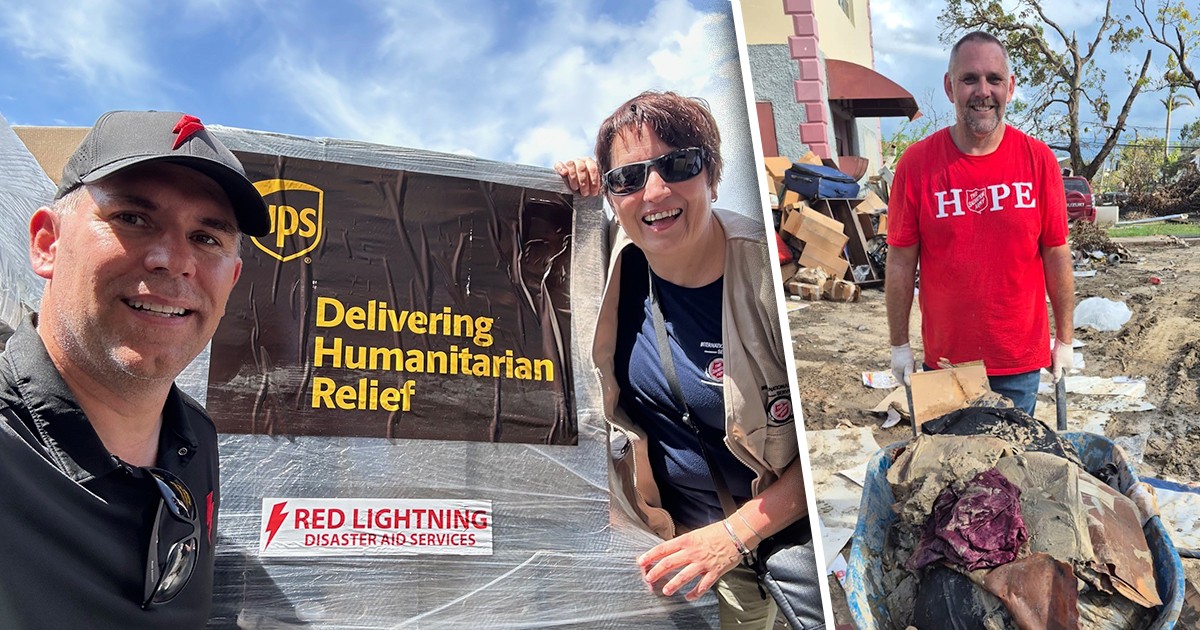On Wednesday 30 September the first devastating earthquake – measuring 7.6 on the Richter scale – struck Sumatra, leaving more than 500 people dead and thousands of others buried in rubble. Homes, schools, bridges and roads in the city of Padang were destroyed, cutting off the city from the outside world. As the population tried to deal with this a second earthquake struck – this time measuring 6.9 on the Richter scale – 180 miles from the previous epicentre. Latest reports estimate the death toll at 1,100 people and many are still missing.
Indonesia is made up of about 17,000 islands and is in one of the world's most active seismic fault lines along the 'Ring of Fire'. Less than two weeks previously an earthquake caused devastation in nearby Java, another of the country's islands.
The Salvation Army is already working on Sumatra and was able to send teams to the affected areas to begin working as part of the emergency relief effort. Transport and communications are extremely difficult due to the disaster but Commissioner R. Basuki Kartodarsono, commander of The Salvation Army's Indonesia Territory, says: 'We will do our best to help the affected families.'
The Governor of Sumatra has asked that priority be given to children's care and health services, so The Salvation Army has also sent a medical team to participate in a united effort. The distribution of items for babies and children – milk and clothing – and the provision of medical care have been given priority, but Salvation Army emergency teams are also providing temporary shelter and distributing food, clean water and bedding.
The Salvation Army remains flexible in its approach and is constantly reviewing its work to ensure that it is able to compliment that of other agencies so that all communities receive the assistance they need.









Leave a Comment